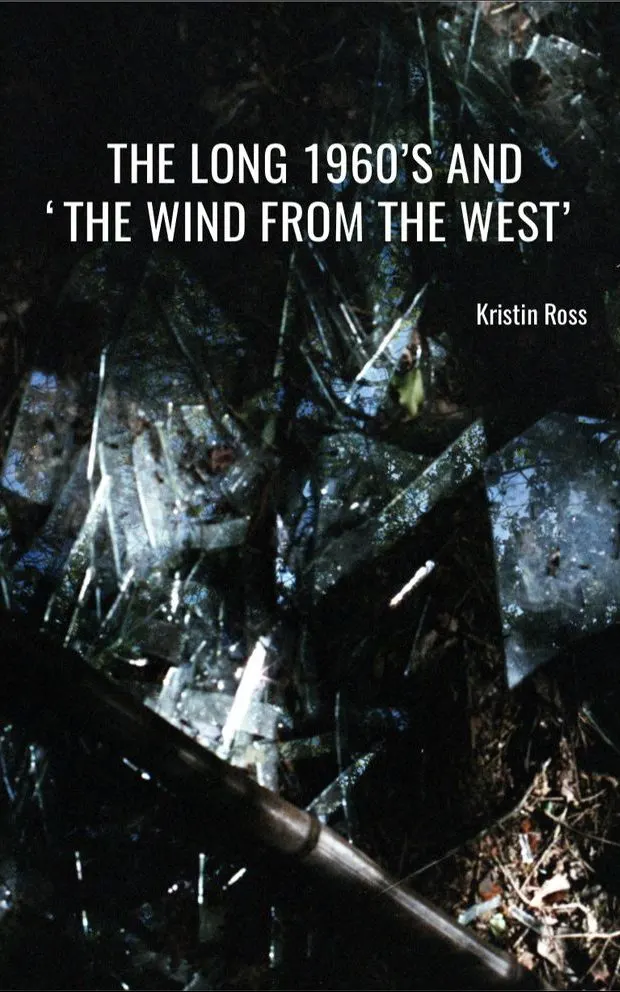
The Long 1960’s and the ‘Wind from the West’
Kristin Ross
An excellent and succinct text on the last half century, as seen from the territorial and place-based struggles of today. If you’re wondering what ‘destituent’ politics means in the 21st century, this is a good place to start.
“The 1960s, whatever else they were, are another name for the moment when people throughout the world began to realize that the tension between the logic of development and that of the ecological bases of life had become the primary contradiction of their lives. Henceforth, it seems, any effort to change social inequality would have to be conjugated with another imperative—that of conserving the living. What the movements of the long 1960s initiated, and what the ZAD confirms, is that defending the conditions for life on the planet had become the new and incontrovertible horizon of meaning of all political struggle. And with it came a new way of organizing, founded on the notion of territory as a praxis produced by space-based relations. ’68 was a movement that began in most places in the cities but whose intelligence and future tended toward the Earth.
[…] Why does the history of the ZAD show us that defending is more generative of solidarity than resisting? Resistance means that the battle, if there ever was one, has already been lost and we can only try helplessly to resist the overwhelming power the other side now wields. Defending, on the other hand, means that there is already something on our side that we possess, that we value, that we cherish, and that is thereby worth fighting for. What makes a designation of this kind interesting and powerful is that it enacts a kind of transvaluation of values: something is being given value according to a measurement that is different from market-value or the state’s list of imperatives, or existing social hierarchies.
[…] But where once what was being defended might have been an unpolluted environment or farmland or even a way of life, what is defended as the struggle deepens comes to include all the new social links, solidarities, affective ties, and new physical relations to the territory and other lived entanglements that the struggle produced.”